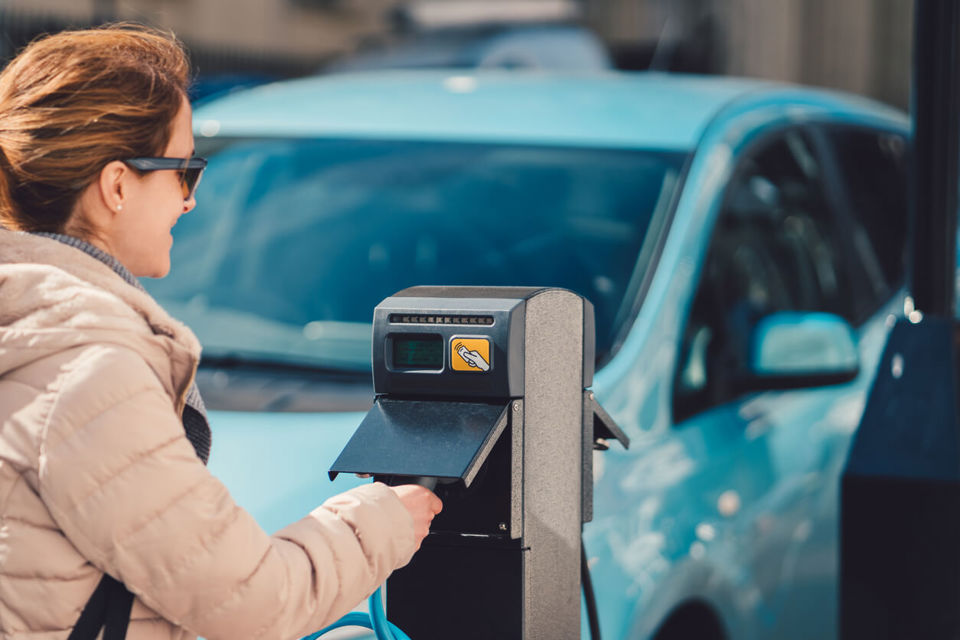The continued lack of agreement across Europe regarding a common standard for electric vehicle (EV) plugs and sockets is delaying the roll-out of recharging points and holding back volume sales of EVs to consumers and businesses.
The ACEA, the trade association for European automobile manufacturers, has issued new recommendations about EV infrastructure standards, and called for them to be in place by 2017.
“This could be too little, too late,” said Calvey Taylor-Haw, managing director of Elektromotive, the Brighton-based EV recharging point manufacturer.
“While consensus from car manufacturers is both necessary and very welcome, the proposed timescales for implementation need to be much shorter.
“We have a range of EVs on the market right now, and many more are due next year. In order to give people across Europe sufficient confidence in the EV market so that they will actually buy these vehicles, we need widespread agreement on standards – right now.
“Car manufacturers are only part of the picture. More pressing is the need to ensure European governments reach a similar consensus, enabling the EV market to bring forward the deadline for when common standards can be implemented.
“We currently have a highly counter-productive situation where the majority of countries are backing one socket standard – IEC 62196 type 2 – and a few others are backing the alternative – IEC 62196 type 3.
“The most notable example of going against the tide is France, which is supporting a different socket standard to the IEC 62196 type 2 advocated by ACEA and already adopted and used in most neighbouring markets.
“At a time when the driving range of EVs is improving, allowing users to cover much greater distances, we have a situation where EV owners in one country could cross a national border and then find they can’t recharge their vehicle due to the sockets being different.
“Are we expecting owners to carry a range of recharging leads with different plug formats in the boot of their vehicle? This would be a great shame considering the rare chance we all have to standardise.
“Governments and the International Electrotechnical Commission need to come together, now, to hammer out an agreement. Only then will we see real momentum in sales of EVs.”
Elektromotive reports that the present situation – where each new EV recharging station must have the facility to be retro-fitted with a socket compatible with the new European-standard plug, when it eventually becomes approved – is making the recharging units more costly to manufacture and purchase.
Some governments, local authorities and businesses are holding-off on issuing tenders for new recharging networks until after the sockets standards issue has been resolved.
Taylor-Haw says there also needs to be agreement on common standards for secure access to the various charging stations being made by different manufacturers.
“EV users must have the freedom to charge their vehicle at any publicly-available recharging point, regardless of who manufactured it. We must also consider how, in the future, EV users might want to switch energy suppliers for charging their vehicle. That means having back-office billing data processed in formats that can be easily shared by suppliers.
“As with EV plugs and sockets, we are still a long way from settling on the required common standards.”
Elektromotive’s simple-to-operate Elektrobay charging station was first introduced in Westminster, London, in 2006, and currently over 200 units are installed across the UK capital.
A further 655 Elektrobay charging stations operate in cities and shopping centres around the UK, and Elektromotive has over 1,700 charging stations installed globally.

















Login to comment
Comments
No comments have been made yet.